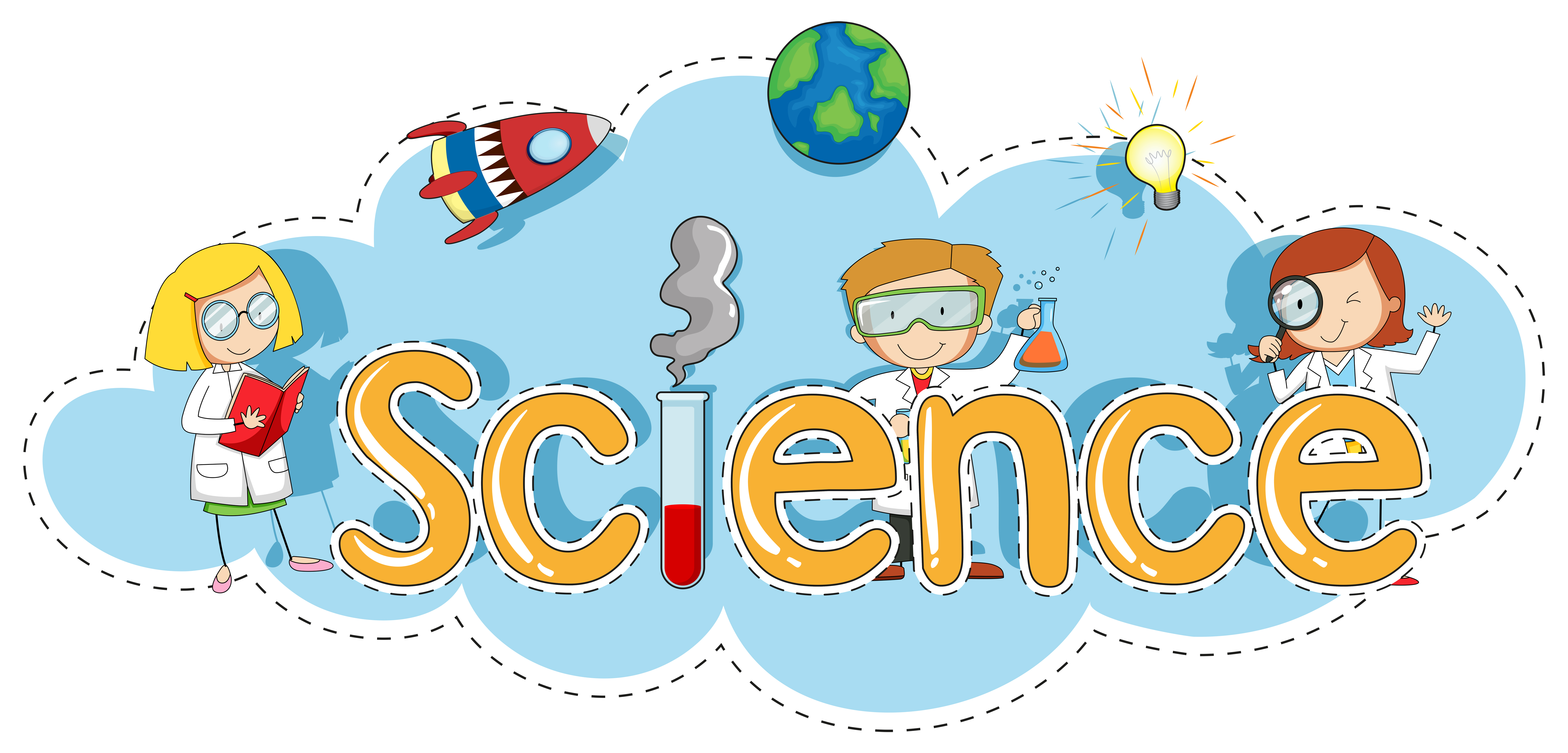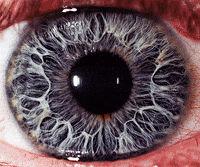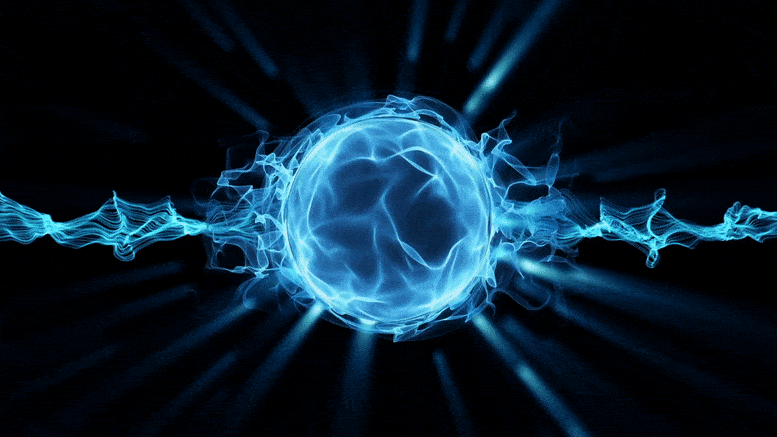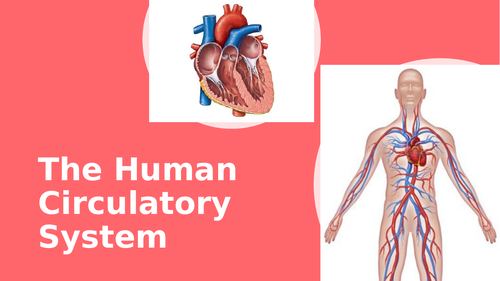Science

Autumn 1

This term, the class will be looking at fossils and what can we learn from them.
Fossils are the remains of living things, which have been preserved, and many are millions of years old. They are very important because they show the process of evolution, which is how living things have changed over time. Fossils also tell us about plants and animals that may no longer exist.
Today the children began looking at what it means when you inherit. They compared simlarities and differences of animals and found out some amazing facts. They all brought in photos of their families to see what they have inherited from they parents.

Please see the Knowledge Organiser below for the topics that the children will be covering after the half term holiday.
Autumn 2
This term, the children will be learning about Light.
Light
Lots of things in the world are light sources. A light source makes light.
The Sun and other stars, fires, torches and lamps all make their own light so are examples of sources of light.
Some animals, such as fireflies and glow-worms, are light sources. They make their own light to attract mates.
Can you think of any other light sources?
Did you know?
You must never look directly at the Sun. It is such a bright light source that it can damage your eyes very quickly.
Light Travels in Straight Lines
Even though light travels in straight lines,it still travels in lots of different directions.
There is not just one ray of light travelling from this torch. There are hundreds! But they all travel in straight lines, they do not bend
or curve.
Spring 1
This term, the children will be learing all about The Heart.

Fascinating facts about blood
1. Is blood all the same colour? (Not exactly! Oxygenated blood is bright red and deoxygenated blood is dark red)
2. How long does a red blood cell live for? (4 months)
3. How many blood types do you think cows have? (800)
4. How much blood do you have inside you at any one time? (about 7% of your total weight, so an average adult has about 9 pints or 5 litres)
5. How much blood do blood donors give at any one time? (500ml or 10% of their blood)
6. How many miles/kilometres of blood vessels does a person have? (59,962 miles/96,500km – over 2 times round the world!)
7. How many blood cells does a drop of blood contain? (Millions of red blood cells & 7 to 25 thousand white blood cells (increases if you have a bad
infection.
Spring 2


Electricity is created by generators which can be powered by gas, coal, oil, wind or solar.
Appliances can convert electrical energy into other types such as:
- light
- heat
- movement
- sound
Electricity is dangerous, so be careful when using electrical appliances.
Electricity is very important - we use it all of the time. It powers most of our technologies, lights up our rooms, warms us when we're cold and cools us down when we're hot.
To use electrical devices, we need to follow rules to stay safe.
 Reedley Primary School
Reedley Primary School
![IMG_2335[1].JPG](/uploads/378/images/IMG_2335[1].JPG)
![IMG_2336[1].JPG](/uploads/378/images/IMG_2336[1].JPG)